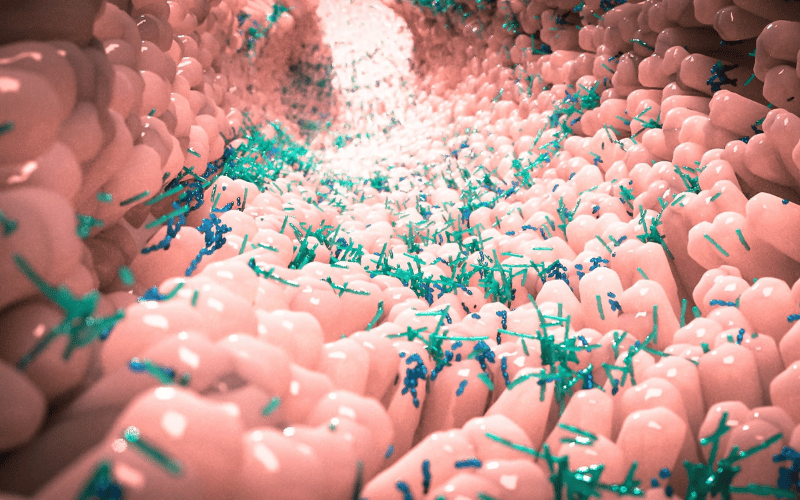5. Microbiome Disturbances: The Gut-Liver Axis in AIH

Finally, venturing into the body’s inner ecosystem, we discover the gut microbiome’s role in AIH. This complex community of microorganisms, residing within the gastrointestinal tract, plays an unexpected role in the health of the liver. Emerging research suggests that disturbances in the microbiome – a condition known as dysbiosis – may be a precursor to the inflammatory cascade characteristic of AIH.
The connection between gut health and liver function is an intricate dance of biochemical signals. The liver is the first stop for nutrients and substances absorbed from the gut, including microbial products. When the gut microbiome is out of balance, the liver gets a front-row seat to a parade of potentially harmful substances. These substances can trigger immune responses, and in the case of AIH, the liver’s own tissue can become collateral damage in the ensuing battle.
The types of bacteria in the gut can influence the development and progression of AIH. Some bacterial strains may promote inflammation, while others could potentially protect against it. The diversity and abundance of these microbial populations are a focus of intense research, with the aim of understanding how they may contribute to or protect against AIH.
Therapeutic approaches targeting the microbiome, such as probiotics, prebiotics, and antibiotics, are under investigation for their potential to modify disease course in AIH. The idea is to alter the gut’s microbial composition to a state that favors immune regulation rather than inflammation. While this research is still in its infancy, it offers a tantalizing glimpse into the possibility of new treatments that extend beyond immune suppression to address underlying triggers of the disease.
The story of AIH is multi-faceted, with each cause providing a piece of the puzzle. From genetics to the gut microbiome, these elements come together to paint a picture of a disease that is as complex as it is personal. Understanding these causes not only paves the way for targeted treatments but also offers hope for preventative strategies in the future. As our knowledge deepens, so does our capacity to change the narrative of AIH, moving towards a future where this condition is no longer an inevitable fate but a challenge that can be met with precision and hope. (5)